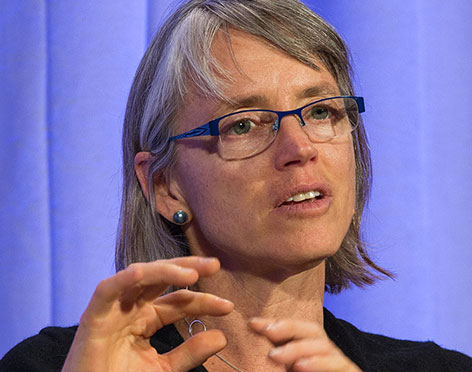
Domain Specificity in the Human Brain: What, Whether, and Why?
Description
The last quarter century has provided extensive evidence that some regions of the human cortex are selectively engaged in processing a single specific domain of information, from faces, places, and bodies to language, music, and other people’s thoughts. This work dovetails with earlier theories in cognitive science highlighting domain specificity in human cognition, development, and evolution. But many questions remain unanswered about even the clearest cases of domain specificity in the brain, the selective engagement of the FFA, PPA, and EBA in the perception of faces, places, and bodies, respectively. First, these claims lack precision, saying little about what is computed and how, and relying on human judgements to decide what counts as a face, place, or body. Second, they provide no account of the reliably varying responses of these regions across different “preferred” images, or across different “nonpreferred” images for each category. Third, the category selectivity of each region is vulnerable to refutation if any of the vast set of as-yet-untested nonpreferred images turns out to produce a stronger response than preferred images for that region. Fourth, and most fundamentally, they provide no account of why, from a computational point of view, brains should exhibit this striking degree of functional specificity in the first place, and why we should have the particular visual specializations we do, for faces, places, and bodies, but not (apparently) for food or snakes. The advent of convolutional neural networks (CNNs) to model visual processing in the ventral pathway has opened up many opportunities to address these long-standing questions in new ways. I will describe ongoing efforts in our lab to harness CNNs to do just that.
This is a Zoom webinar. Click here to join or copy and paste this link into your browser: https://mit.zoom.us/j/92346493144.
Speaker Bio
Nancy Kanwisher is the Walter A. Rosenblith Professor of Cognitive Neuroscience in the Department of Brain and Cognitive Sciences and a founding member of the McGovern Institute for Brain Research. She joined the MIT faculty in 1997, and prior to that served on the faculty at UCLA and Harvard University. In 1999, she received the National Academy of Sciences Troland Research Award. She was elected to the National Academy of Sciences in 2005 and to the American Academy of Arts and Sciences in 2009.
The Kanwisher lab has used brain imaging to identify regions of the brain that play highly specialized roles in perception and cognition, including the perception of faces, places, and bodies, as well as various aspects of social cognition and language processing. Each of these regions can be identified robustly in a short functional scan in essentially every normal subject; they are part of the basic functional organization of the human mind and brain. In ongoing work the Kanwisher lab is working to better characterize the precise computations that occur in each region, to discover new functionally specific brain regions, and to understand how these regions get wired up in development and how they work together to produce cognition.

